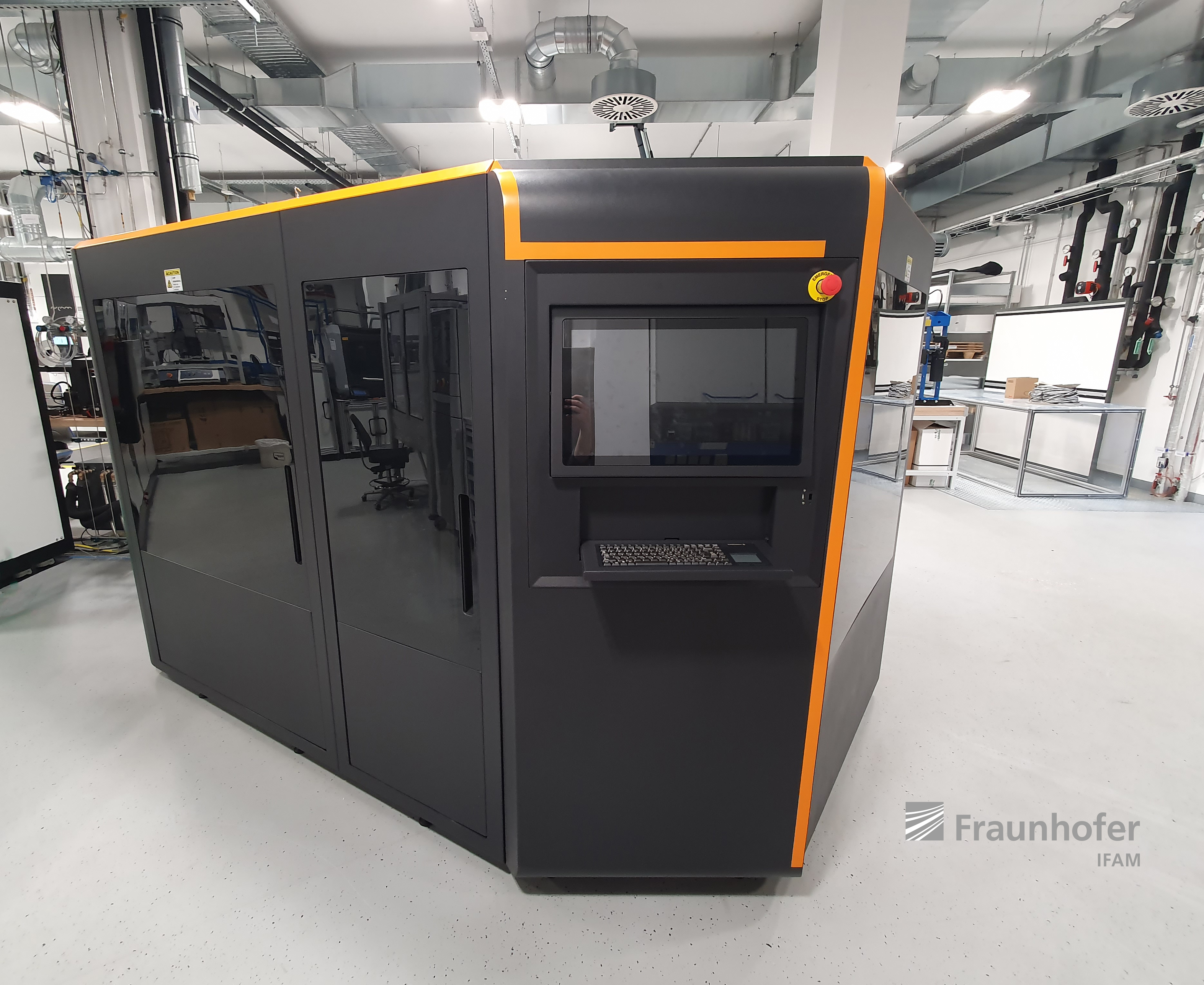
The Fraunhofer Institute says that it has acquired a MoldJet 3D printer from Israeli company Tritone Technologies.
According to the Institute, The MoldJet process involves an organic mold being built layerwise with an inkjet process as a negative of the desired part. The remaining openings are filled with a water-based paste in a slot-die process. Each layer can be different, enabling variation in component shapes, including free-standing areas. Finally, the organic mold is removed, and the 3D-shaped green body is taken for heat treatment and sintering.
The technology is reportedly suitable for used with sinterable materials such as stainless steel, pure copper, alloys based on nickel, titanium and refractory metals, and ceramics.
MoldJet uses six trays for printing and six autonomous workstations, making a productivity of up to 1,600 cm³/h possible, Fraunhofer says.
This story uses material from Fraunhofer, with editorial changes made by Materials Today. The views expressed in this article do not necessarily represent those of Elsevier.





